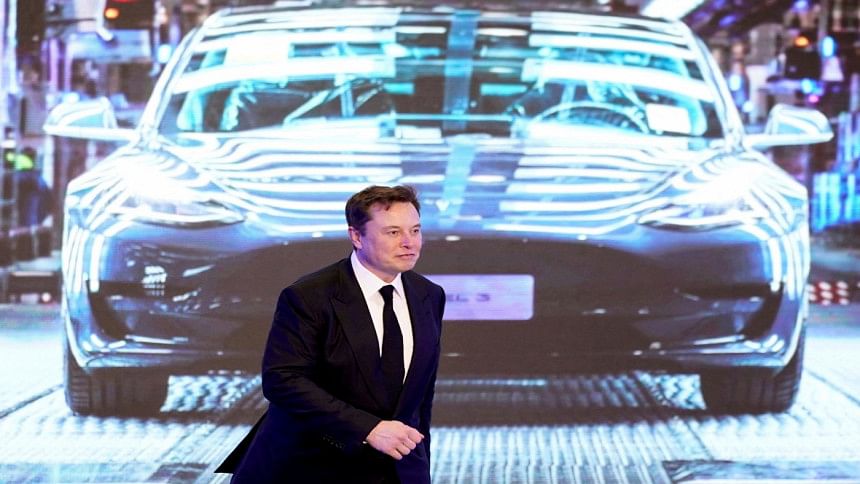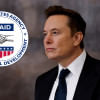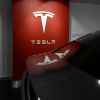Elon Musk bets big on Tesla, not cars

What is Tesla? For now, it's the world's largest electric-car maker, though maybe not for long. Hopes of keeping the crown have rested on a long-promised $25,000 model. If the project gets scrapped, as Reuters reported on Friday, boss Elon Musk has one remaining advantage: using Tesla's data trove to develop self-driving technology. It would be very risky and also very Musk.
Tesla is in a bind. Visions of growing by 50 percent annually until it sells twice as many cars as Toyota Motor look dashed. Car deliveries are falling. Chinese rivals like BYD and Xiaomi are releasing cheap, compelling options, shrinking Tesla's share in China, to less than 7 percent. Its slug of the US market dipped below 50 percent for the first time last year.
The knock against efforts to get drivers into battery-powered rides has long been that affordable options for the masses don't exist. Tesla's "Model 2," as some dub its cheap-car project, is supposed to solve that, expanding the market and reigniting growth. But it has always been a tenuous proposition.
Even if cost-reduction plans went perfectly, gross profit would have barely covered the company's operating expenses.Chinese rivals are already ahead. Newcomer Xiaomi unveiled a sub-$30,000 car, and BYD's models go as cheap as $10,000. In the United States, cars costing between $30,000 and $35,000 are by far the most popular, according to Wells Fargo analysts. After recent discounts, Tesla is already in that zone, and Musk has taken the pain to get here.
Musk said Reuters "is lying" in a post on X, without further explanation, after the company's shares fell more than 5 percent. It is easy to see why investors would be nervous. Tesla's valuation is flattered by anticipated auto sales growth, even after recent declines. Without that engine, Musk would have only one other advantage to exploit.
The company's vehicles are stuffed with complicated sensors; Tesla has plowed its billions of cash flow into crunching the reams of data they produce. This investment provides a boost in the race to develop self-driving. Artificial intelligence powering that effort depends on data; Musk has plenty.
Sure, the Model 2 would make Tesla a better carmaker. But that's not what Musk, Tesla or its premium valuation have ever really been about. The company beat doubters to make electric vehicles a reality. It is only fitting that it concentrates on using its remaining advantage, however long it lasts, on reinventing transportation again. Musk has repeatedly failed to deliver the self-driving goods for years, making the proposition a longshot. Even so, it would be a justifiable one for Tesla.

 For all latest news, follow The Daily Star's Google News channel.
For all latest news, follow The Daily Star's Google News channel. 








Comments